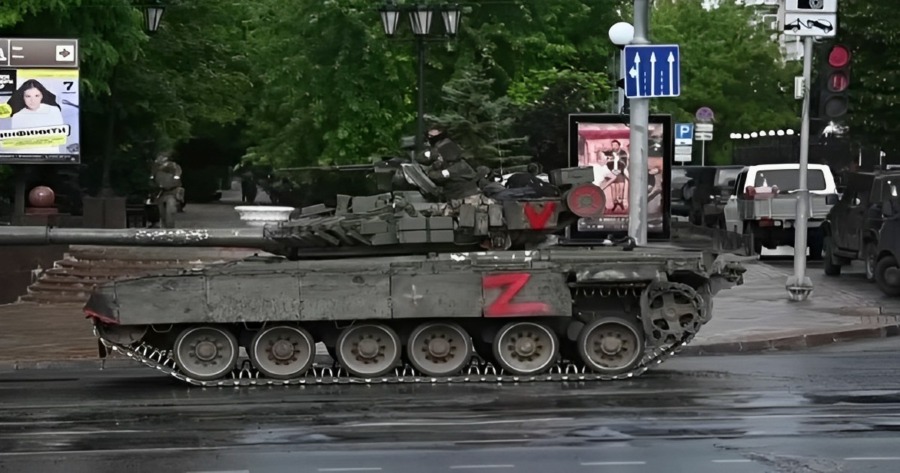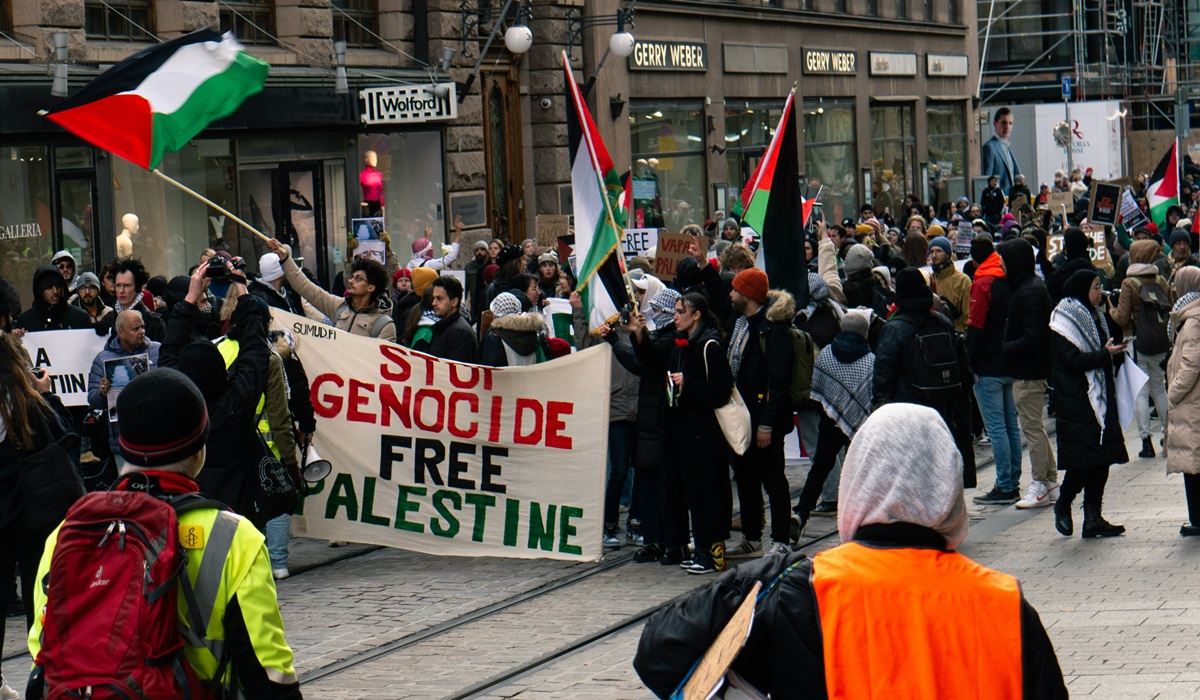Yevgeny Prigozhin, president of the Wagner Group’s, seizure of the Russian City Rostov-on-Don lasted only a day to get his point across to Putin and the Russian military. The outspoken Russian paramilitary leader blames Russia for deliberately shelling his men, resulting in a significant loss of life. Prigozhin was prepared to march his troops to Moscow, and battle to the death to avenge his fallen comrades, if it wasn’t for his long-time friend Alexander Grigoryevich Lukashenko, Belarusian President, stepping in to play peacemaker.
Lukashenko orchestrated the deal between the Wagner Group and the Russian government to ensure that neither the group’s leader nor its members would face criminal charges for incursion into Russia. In return, the members will return to Belarus, and those that did not partake in the march to Moscow will be conscripted into the Russian military.
The most striking aspect of the Wagner Group’s recent actions is that its leader has been one of the few to openly criticize Russian President Vladimir Putin without facing any consequences. This level of impunity has allowed the Wagner Group to act with relative freedom, even in challenging Russia’s territory. Consequently, the question of trust between the Wagner Group and the Russian government becomes paramount, particularly in light of the deal brokered by Lukashenko.
It remains uncertain whether Russian President Vladimir Putin and Prigozhin genuinely trust each other. The existing disconnect between the two parties raises concerns about the long-term viability of any agreements made. The deal that prevented criminal charges for the Wagner Group’s leader and its members may have been a temporary solution rather than a true resolution. It is unclear if the Wagner Group will continue fighting or if tensions will escalate further in the coming days, weeks, or months.
Regardless of the internal dynamics between the Wagner Group and Russian authorities, the situation still poses a real threat to Russia. The Wagner Group, known for its mercenary activities and involvement in various conflicts, possesses a formidable military capability. If tensions between the group and the Kremlin persist and the deal between them fails to be honoured, Russia could face significant challenges. The Wagner Group’s expertise and resources make it a force to be reckoned with, capable of destabilizing regions or even challenging Russian forces directly.
The events that led to the Wagner Group’s seizure of Rustov-on-Don had been building for months and the dam finally broke which was Prigozhin flexing his power. His group’s subsequent retreat to Belarus has wider implications for the region as it is a staging base in Ukraine. Had it remained under the control of the Wagner group, Russia would have lost a significant tactical advantage. The deal highlights the influence and involvement of external actors in the affairs of Belarus. It also raises questions about the Belarusian President’s motivations and whether he uses the Wagner Group as a leverage tool against Russia. Additionally, it highlights the complex relationship between Russia and Belarus, which has faced increasing strain in recent years. As events continue to unfold, it is essential to monitor the evolving dynamics and assess the potential consequences for the region.









